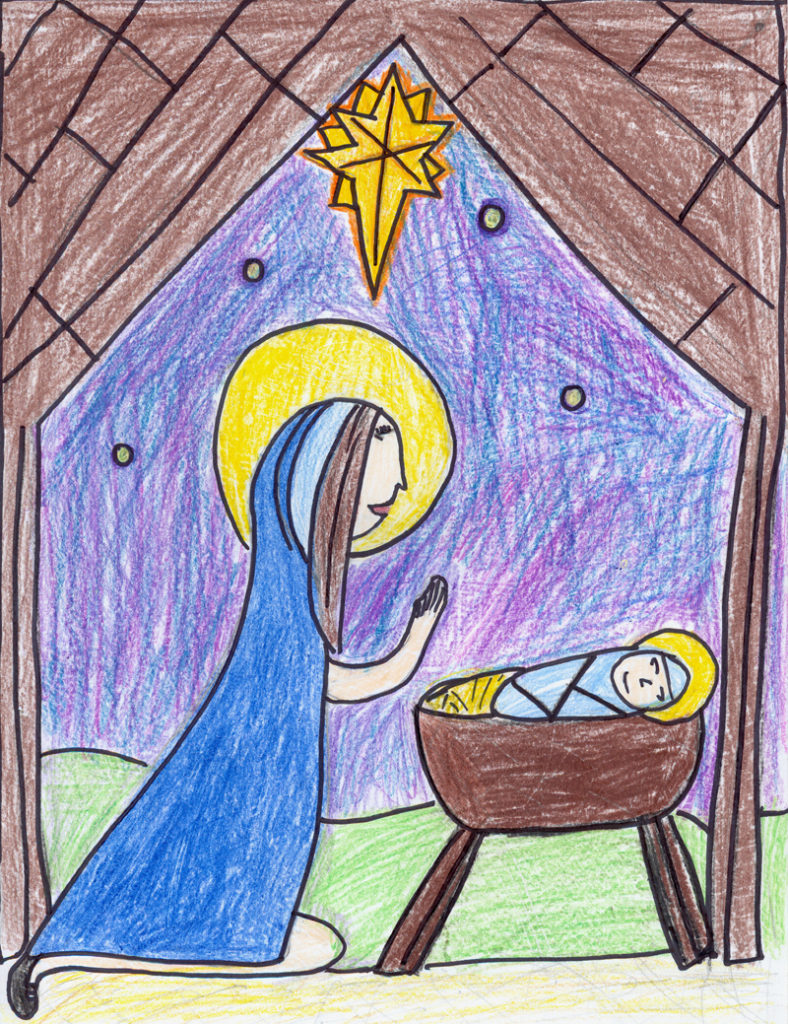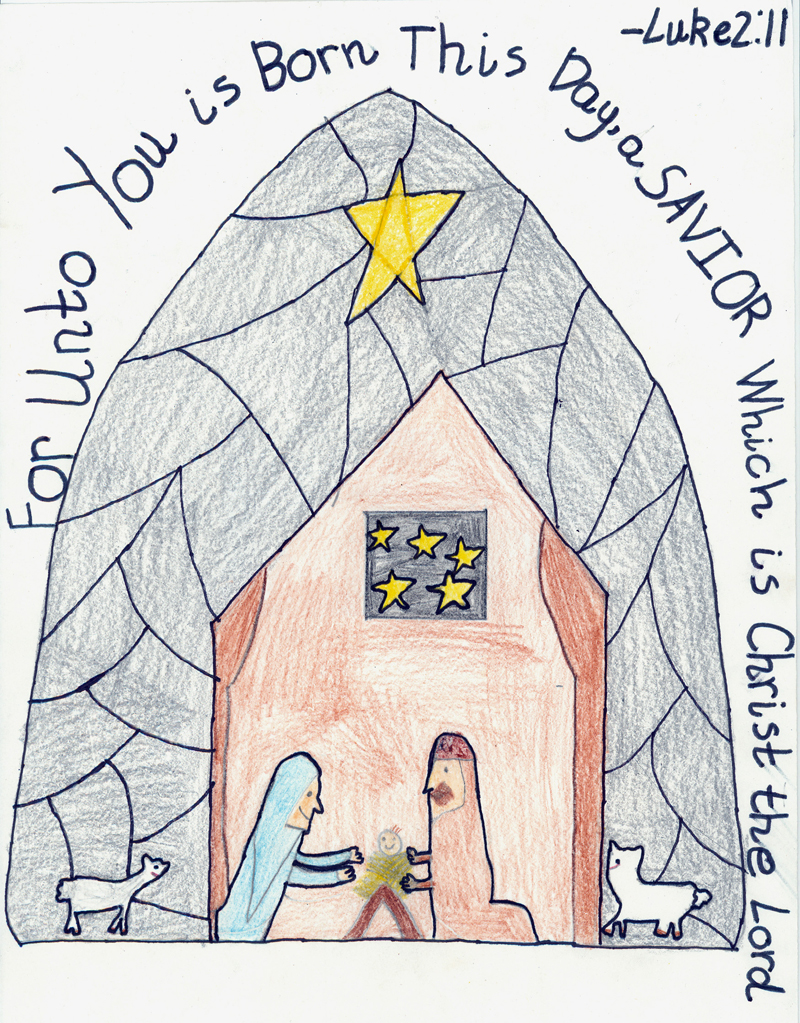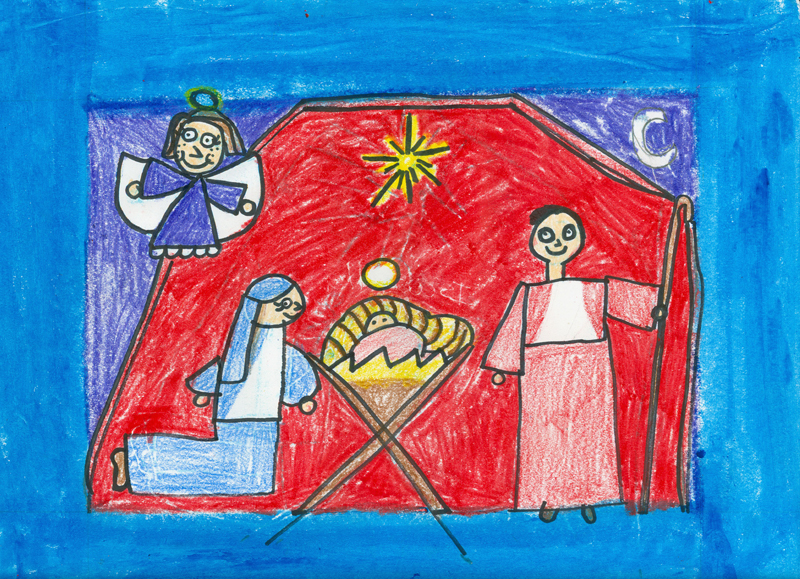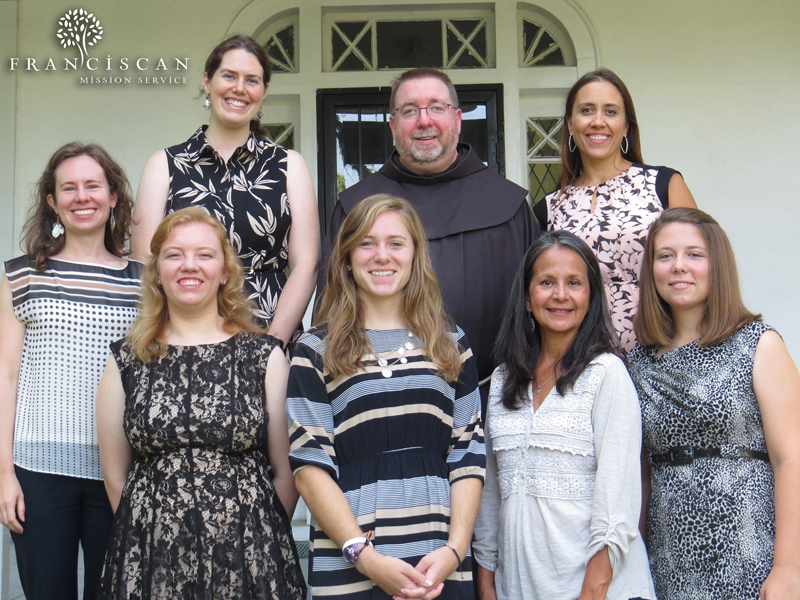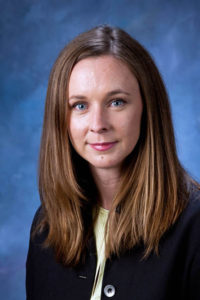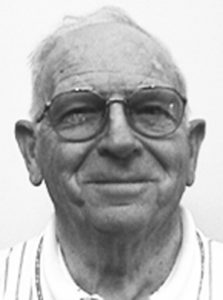By Barb Arland-Fye
Editor
Their Christmas memories moved me deeply: a dying mom’s gift to her daughter, a memorable “Silent Night” sung by troops 10,000 miles away from home, an orphan’s introduction to baby Jesus. The Catholic Messenger’s request for readers to share Christmas memories generated poignant stories of the incarnation of love, hope and peace (see Pages 6-8).
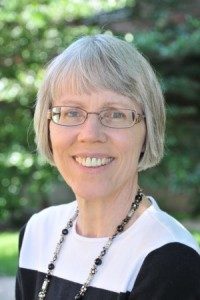
Pop singer Faith Hill sings longingly, “Where are you Christmas?” The answer can be found in stories like these, that readers shared and that reaffirm the meaning of Christmas, a love generous in self-giving and ultimately focused on our relationship with God.
A lump forms in my throat when I read Lou Ann Montgomery’s description of walking into her mother’s home and finding the nativity set that the dying woman had managed to get for her daughter. It is the first decoration that goes up every year at Christmas in the Montgomery household, a wonderful reminder of a mother’s sacrificial love.
Dale Banowetz writes of singing “Silent Night” with thousands of troops far from home, knowing that they would not be home for Christmas and would more likely sleep in heavenly peace only in their dreams. “I am still moved every time I sing Silent Night,” the veteran says.
He asks us to remember all of the troops who are away from home this Christmas. I would like to add that we also remember the millions of children, women and men around the world who will not sleep in heavenly peace because of war, animosity and intolerance.
Teresa Mottet recalls her first Christmas as a widow missing Francis, her husband of 61 years. He died in August 2009 and that December she had a crazy dream in which she could hear “our song” being played. Francis purchased the recording of “Have I told you lately that I love you?” the Christmas before they were married. What a wonderful moment of experiencing God’s love and reassurance!
Bonnie Goedken recalled a long ago Christmas when she got to sneak up to her mother’s hospital room in the obstetrics ward. Her mother had given birth after midnight on Christmas and 4-year-old Bonnie was delighted to be able to see her mom on that doubly special day.
Interspersed with the Christmas memories are winning entries from our annual Christmas Card Contest. My staff leaves me out of the selection process until the very end because I think every entry is a winner.
Unfortunately, we can’t squeeze 700-plus entries into the newspaper or reproduce each one for the website. I would like to express my gratitude to each and every artist who submitted an entry, including the one who wrote “CHRISTmas” on his drawing. Maybe it wouldn’t be such a bad idea to place the emphasis on Christ when we say or write the word “Christmas.”
The artwork that the students created and the memories that adults shared with The Catholic Messenger provide inspiration for me in celebrating anew the gift of God’s son, entering into our humanity. Jesus’ arrival as a fragile infant reminds us that all gifts of love require nurturing relationships on which to grow and build. We continue to unwrap this gift, the promise of our salvation, only when we share love with one another.
(Contact Editor Barb Arland-Fye@arland-fye@davenportdiocese.org)







